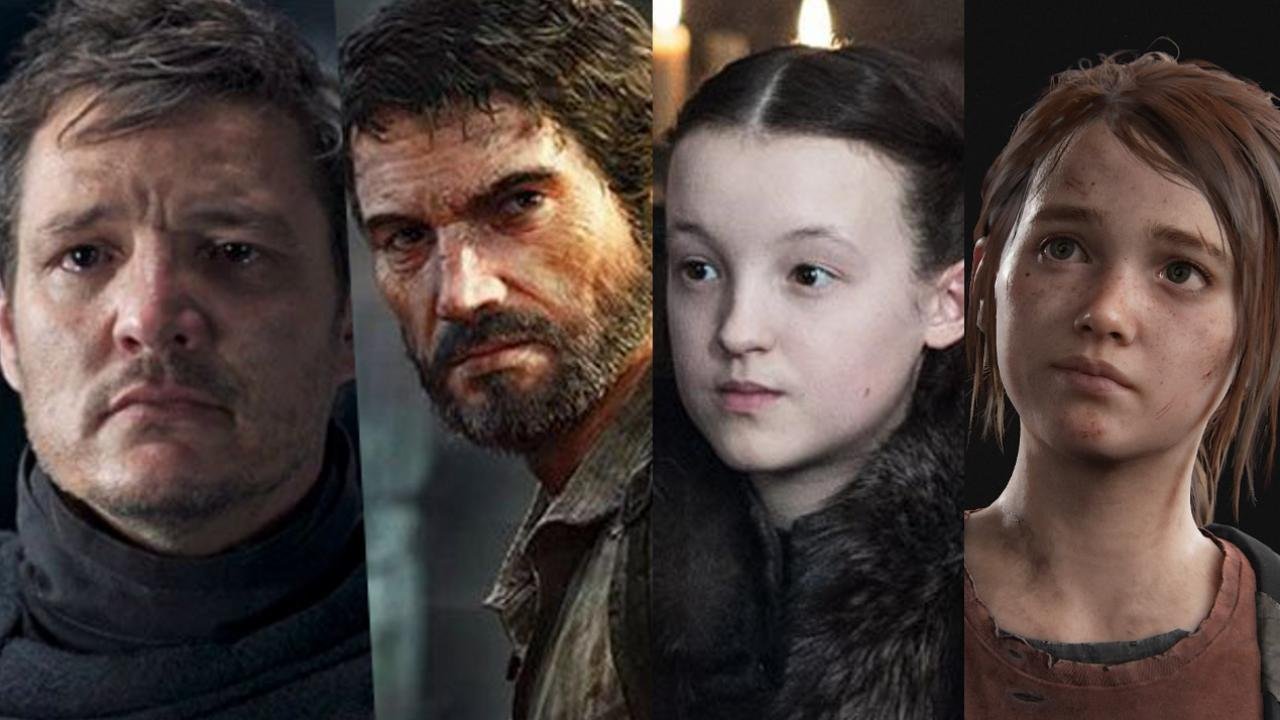What ‘Doctor Who’ Fans Need To Know About Ncuti Gatwa
This year has certainly been quite a boom for the sci-fi, action and comic genres. With the continued success of the MCU and Star Wars, all the way up to new announcements for shows like Star Trek with Strange New Worlds and Love Death + Robots. We are seeing a dawning of the new golden age for fandom. If you are like me, sometimes your fandom strays into a little known or seldom visited fandom. For almost 60 years, Doctor Who has remained off the radar for many. As a seasoned fan, my favorite Doctor is Tom Baker, who played the 4th incarnation of the Doctor during the 80s. There was a bit of a renaissance for the show in the early 2000s thanks to the franchise reboot which occurred after a lengthy hiatus. In recent years, however, interest in the show has appeared to decline.
The reasons behind this sudden drop-off in interest remain opaque (especially in North America), but certainly the introduction of a new showrunner, Chris Chibnall in 2018 and a couple of new Doctors during this time, Peter Capaldi and Jodie Whittaker, many of the hardcore fans felt that the show dropped off in both storytelling and quality of the Doctor with these changes, but in the middle of 2021 it was announced that former showrunner Russell T Davies, the man behind the early 2000 success of the show would be returning for the 60th anniversary of the show and then a new Doctor was announced, Ncuti Gatwa, who would become the new Doctor at the end of this year. But who is the new Doctor?
RELATED:
Ncuti Gatwa was born on October 15, 1992, in Rwanda. He fled the country during the height of the Rwandan genocide at the age of 2 and settled with his family in Edinburgh, Scotland. Ncuti attended elementary school and high school in Scotland and graduated from the Royal Conservatoire of Scotland in 2013 with a BA in acting. After some bit parts here and there with not a lot of publicity, mostly Shakespearean plays and seldom watched BBC dramas/series, it was his role as Eric Effiong in the Netflix series Sex Education, where he played a gay character to great critical and fan acclaim, because he was able to portray the role as someone strong instead of the side character, that made Ncuti more of a household name. What makes this casting so interesting is not only is he the first Male person of color to dawn the title of the Doctor, the first person of color to play the role was during the last couple of seasons with actress, Jo Martin, who was named as the Fugitive Doctor, but he is the fourth person from Scotland to play the role, held previously by Scotsmen Sylvester Mccoy, David Tennant, and Peter Capaldi.
Ncuti has always felt a certain angst in presenting himself as someone from Scotland. In 2019, Ncuti appeared in a documentary, Black and Scottish, where he said, “I've always been a bit scared to say that I was Scottish because it was almost as if people wouldn't believe me, or people wouldn't buy that from me, or people wouldn't accept it…Now, I think nobody's got the right to tell you who you are. You just are who you are." He continues, "We came to the UK because of the genocide that happened in Rwanda in 1994…we were refugees, we were refugees coming to the UK and I definitely now view myself as a Rwandan-Scotsman. Yes, there's such a term and I'm giving it a name today." But now that he is in the role of the Doctor, one can hope he’ll bring a sense of belonging to the character and perhaps even make the character a role model, "I definitely felt growing up that I wasn't seen as the same as anyone around me because no-one around me looked like me…I remember my mum being like, 'everyone looks the same'. She traveled all around Edinburgh... trying to find someone that was black and she couldn't see anyone. Role models? There were no black Scottish role models. I felt like I was the only black person in the world." And frankly, I think adding this great actor to the role of the Doctor can only be a plus for this franchise. He could bring some youthful optimism to the character, which has been a bit of a downer in the last few years.
Over the last few years under the guidance of Chibnall and acted with Jodie Whittaker, the show has seen some criticism regarding the lack of traditional villains and storylines and instead appearing to focus on stories with commentary on world politics and a need to showcase the Doctor as being a more diverse and inclusive show. I myself found most of the last few years to be a bit on the dull side but I certainly don’t blame Whittaker’s take on the Doctor or the diverse cast and crew that the show brought, but I leave most of my blame on Chris Chibnall himself. It always seemed like he was just off the mark on what the show could bring to the table and was capable of but never truly gave the actors or writers the chance to give to the show. Hopefully, with the influx of new blood front and centre in the iconic role and the return of a showrunner who truly made the series great in Davies, I hold high hopes that the show can see a rebound for the 60th year and beyond.
READ NEXT:




